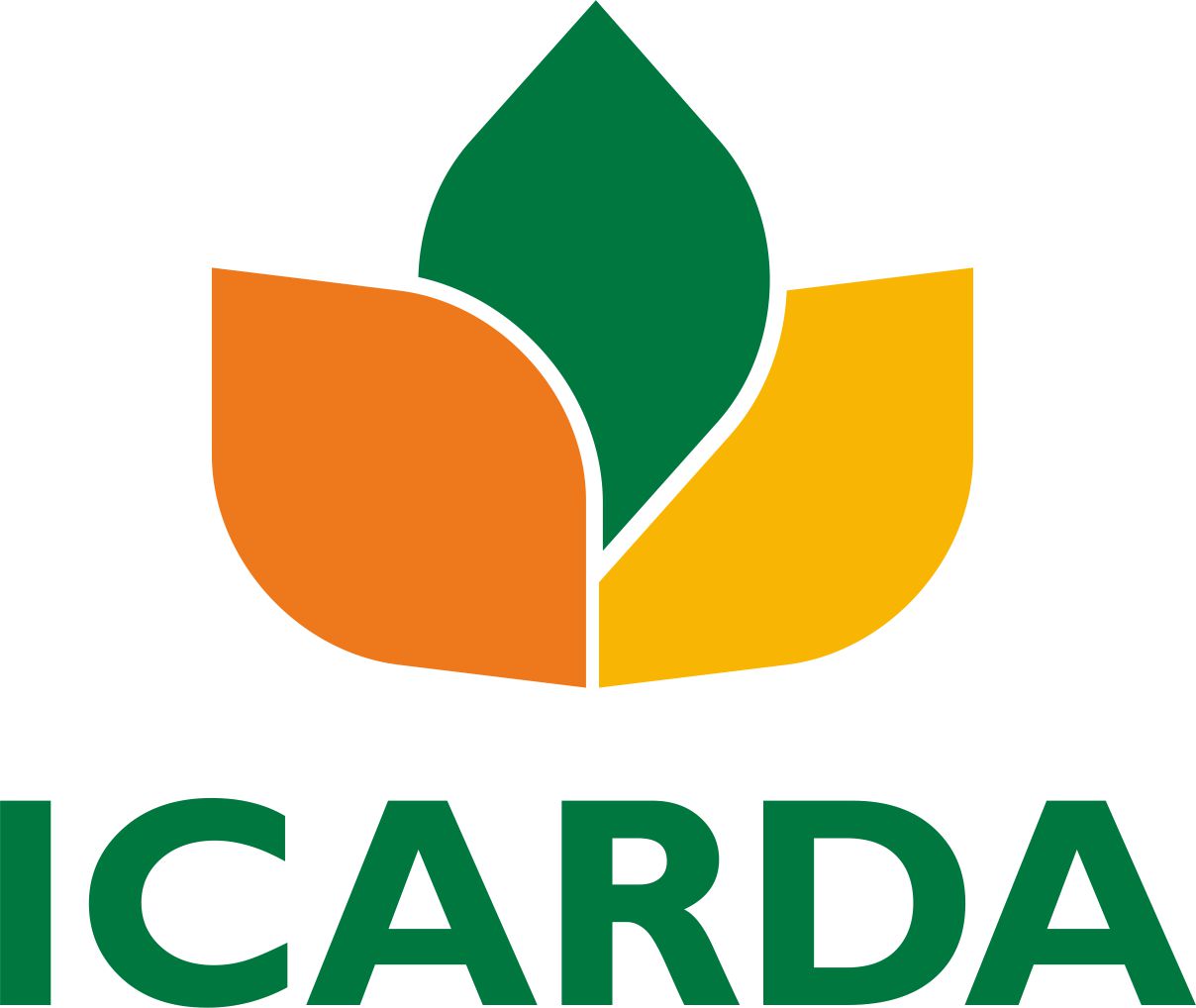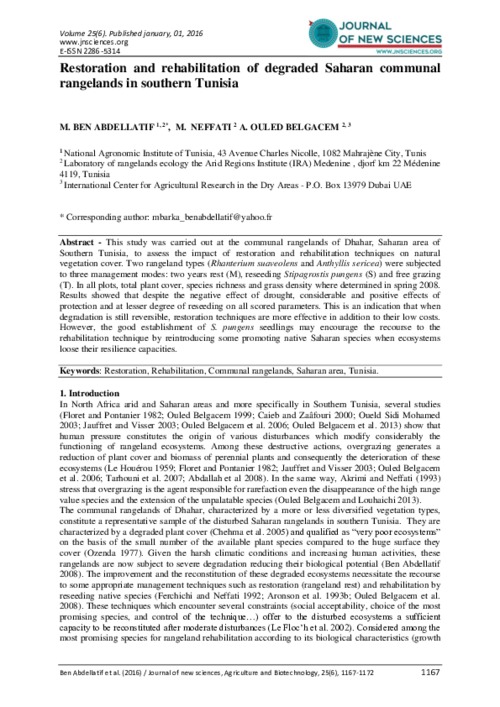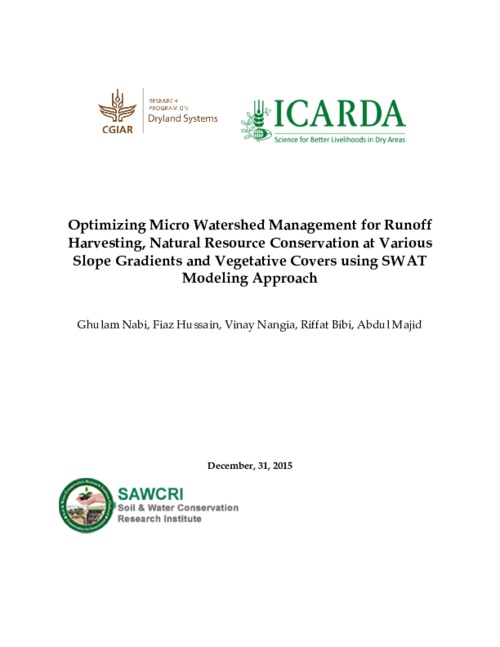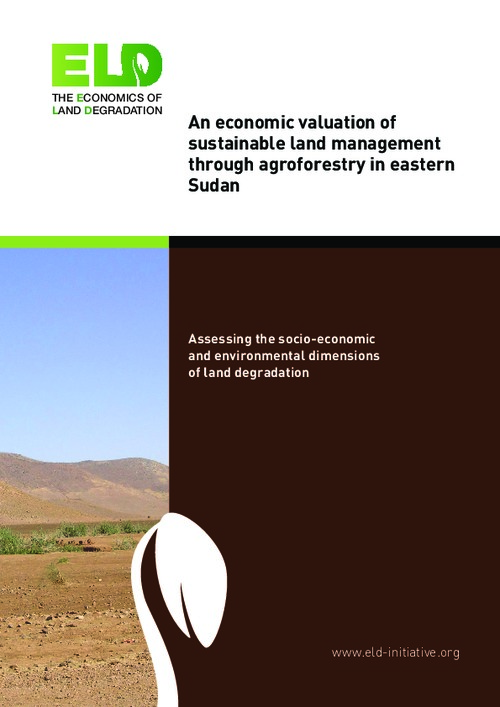Location
The International Center for Agricultural Research in the Dry Areas (ICARDA) was established in 1977. It is one of 15 such centers supported by the CGIAR. ICARDA’s founding mandate to promote agricultural development in the dry areas of developing countries remains highly relevant today.
ICARDA works with a tight focus on the problem-solving needs of resource-poor farmers, achieving this through the in-field delivery of its research outputs. Although global food production has increased by 20 per cent in the past decade, food insecurity and poverty remain widespread, while the natural resource base continues to decline.
International research centers such as ICARDA, which have helped drive previous improvements, continue to deliver new technologies to support sustainable growth in agriculture, and crucially, to work with a wide range of partners to accelerate the dissemination of these technologies.
ICARDA’s biggest strength is its staff – 600 highly skilled men and women from 32 countries. Our research and training activities cover crop improvement, water and land management, integrated crop-livestock-rangeland management, and climate change adaptation.
Other interventions include:
- Water harvesting - supplemental irrigation and water-saving irrigation techniques
- Conservation agriculture methods to reduce production costs and improve sustainability
- Diversification of production systems to high-value crops – horticulture, herbal and medicinal plants
- Integrated crop/rangeland/livestock production systems including non-traditional sources of livestock feed
- Empowerment of rural women – support and training for value-added products.
The ICARDA genebank holds over 135,000 accessions from over 110 countries: traditional varieties, improved germplasm, and a unique set of wild crop relatives. These include wheat, barley, oats and other cereals; food legumes such as faba bean, chickpea, lentil and field pea; forage crops, rangeland plants, and wild relatives of each of these species.
ICARDA’s research portfolio is part of a long-term strategic plan covering 2007 to 2016, focused on improving productivity, incomes and livelihoods among resource-poor households.
The strategy combines continuity with change – addressing current problems while expanding the focus to emerging challenges such as climate change and desertification.
We work closely with national agricultural research systems and government ministries. Over the years the Center has built a network of strong partnerships with national, regional and international institutions, universities, non-governmental organizations and ministries in the developing world and in industrialized countries with advanced research institutes.
THE ‘DRY AREAS’
Research and training activities cover the non-tropical dry areas globally, using West Asia, North Africa, Central Asia and the Caucasus as research platforms to develop, test, and scale-out new innovations and policy options.
Dry areas cover 41 per cent of the world’s land area and are home to one-third of the global population. About 16 per cent of this population lives in chronic poverty, particularly in marginal rainfed areas. The dry areas are challenged by rapid population growth, frequent droughts, high climatic variability, land degradation and desertification, and widespread poverty. The complex of relationships between these challenges has created a "Poverty Trap."
Members:
Resources
Displaying 226 - 230 of 431Restoration and rehabilitation of degraded Saharan communal rangelands in southern Tunisia
This study was carried out at the communal rangelands of Dhahar, Saharan area of Southern Tunisia, to assess the impact of restoration and rehabilitation techniques on natural vegetation cover. Two rangeland types (Rhanterium suaveolens and Anthyllis sericea) were subjected to three management modes: two years rest (M), reseeding Stipagrostis pungens (S) and free grazing (T). In all plots, total plant cover, species richness and grass density where determined in spring 2008.
Caravan 31: Coping with climate change in dry areas
This issue of Caravan showcases some of ICARDA’s efforts of coping with climate change in dry areas with improved water land management and resilient production systems. These include initiatives in conservation agriculture which provide sustained production levels while conserving the ecosystems on which our entire food system is dependent upon. ICARDA continues to make significant contributions in the promotion of sustainable water land management approaches and technologies devised by researchers and farmers.
Optimizing Micro Watershed Management for Runoff Harvesting, Natural Resource Conservation at Variou s Slope Gradients and Vegetative Covers using SWAT Modeling Approach
Report on application of SWAT model for soil conservation planning. A study was undertaken to evaluate the soil erosion parameters using semi-distributed
basin scale SWAT model in different watersheds of Chakwal and Attock districts. The
model was calibrated and validated for a small watershed without any soil conservation
structures. For this purpose four sub-catchments of Dhrabi watershed were selected and
model setup was done using Arc SWAT interface for each sub-catchment independently.
An economic valuation of sustainable land management through agroforestry in eastern Sudan_Assessing the socio-economic and environmental dimensions of land degradation
Gedaref State was previously known as the
food basket of Sudan. Over several decades
unsustainable agricultural practices that
combined near-monocropping with low nutrient
replenishment have led to significant degradation
of soils, which are no longer able to sustain farmer
livelihoods. This study found that adopting
an integrated sustainable land use and forest
restoration scenario could reverse the current
land degradation trend. The integration of Acacia
senegal with sorghum, Sudan’s primary staple
Spatial Variability of Selected Soil Attributes under Agricultural Land Use System in a Mountainous Watershed, Ethiopia.
In the Ethiopian Highlands, research projects were often measuring soil attributes of spatially structured point data but soil variability at a watershed scale is not clearly defined. This study was conducted to assess the correlation among selected soil attributes and to illustrate the spatial pattern and dependence of neighboring observations. The 53.7 km2 study watershed was divided into a 500 m by 500 m square grid using arcgis and at the center of each grid soil samples from 0 to 25 cm depth were collected within 184 locations.







